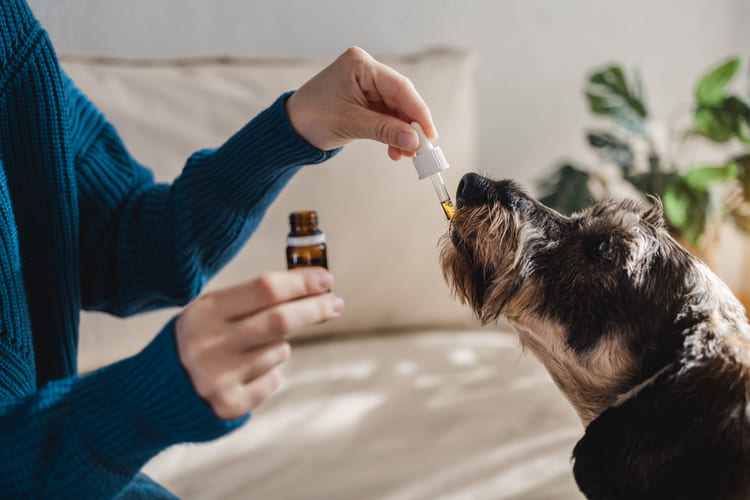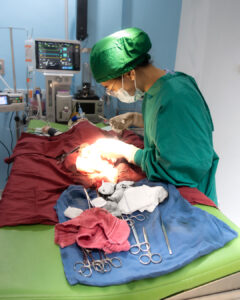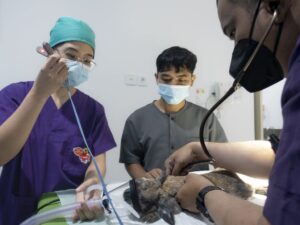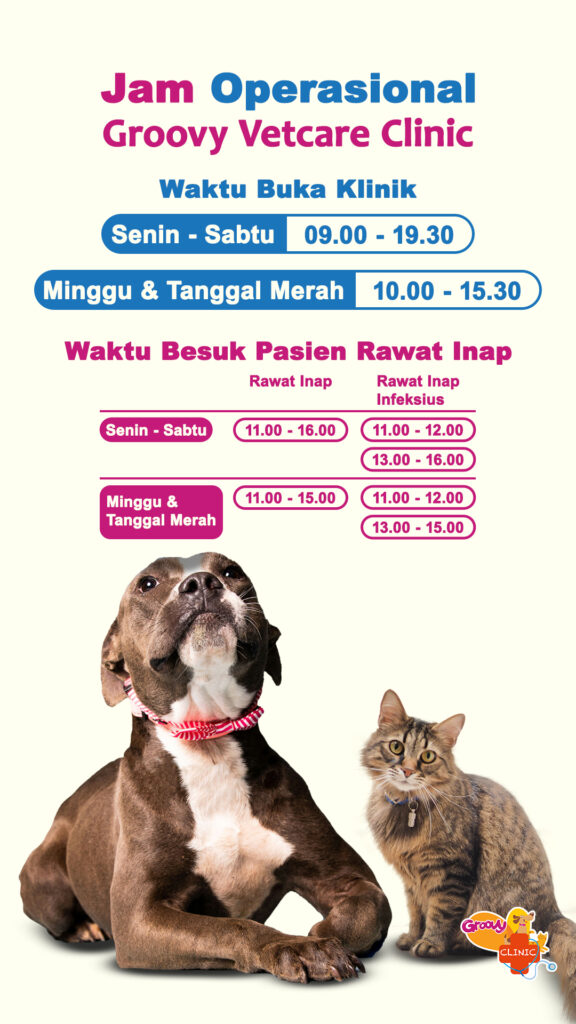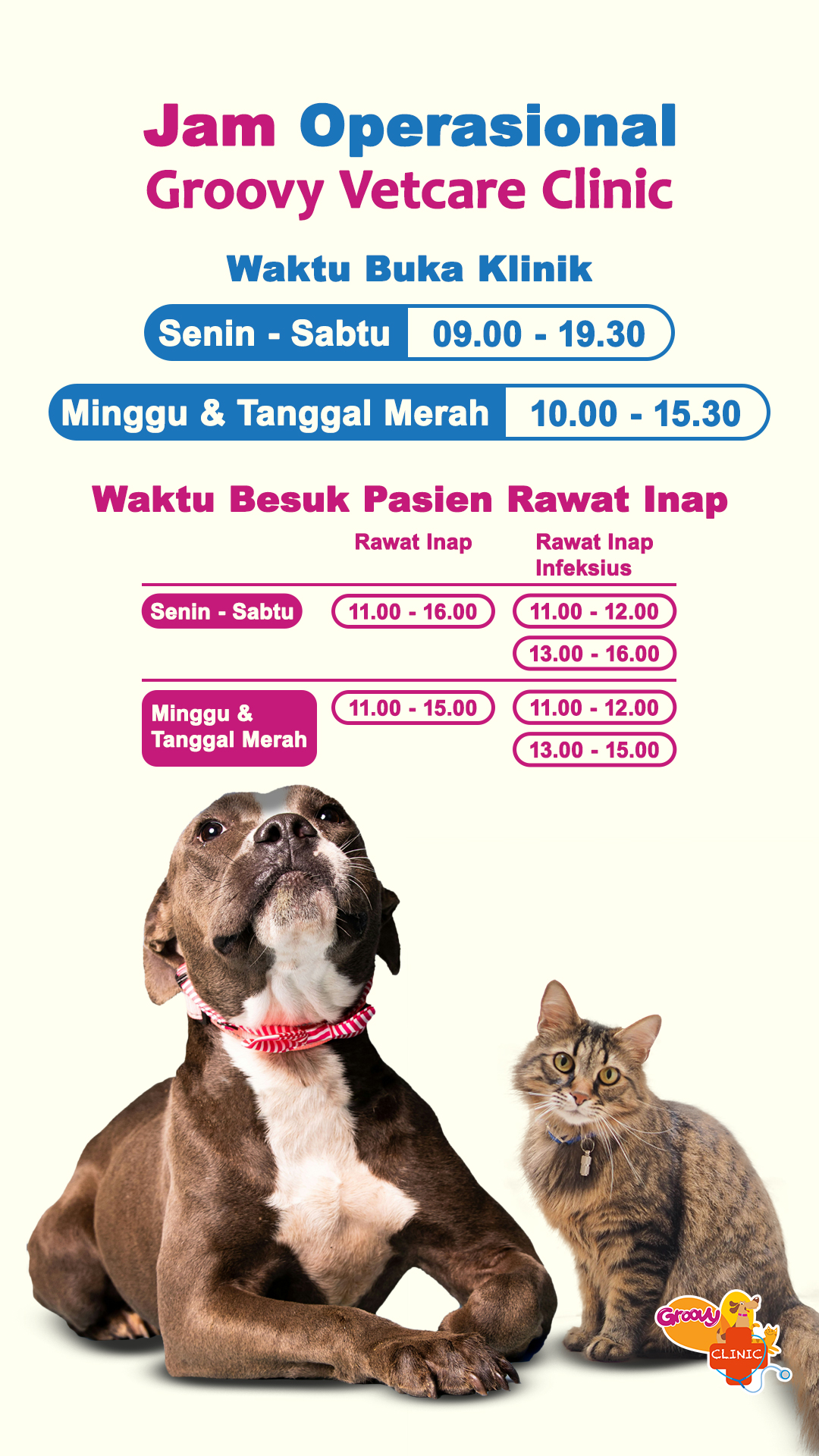In case of emergency, it is always good to be prepared. Everyone, who shares a home with a pet, should know basic pet first aid and have a basic pet first-aid kit on hand.
- Your dog ate the whole bag of chocolate chip cookies?
- Your cat makes funny wheezing sounds?
- What to do when your pet got too much sun and overheats?
- Or falls down the stairs?
Don’t panic! Here is what you need to know.
Have a First Aid Kit handy
This checklist from PetMD tells you all the supplies you should have on hand for pet first aid — and includes:
- BANDAGES – to help control bleeding and keep wounds clean.
- BLUNT-TIPPED SCISSORS
- STERILE SALINE EYEWASH AND LUBRICATION – to flush out debris or smoke.
- WATER – to flush wounds, soothe burns, wash off toxins, soak paws, or to cool an overheated pet.
- MEDICATIONS – talk to our veterinarians for recommendations.
- MILD DISH SOAP – to remove toxins from the skin and fur.
- THERMOMETER AND WATER-BASED LUBRICANT – to determine whether your pet has a fever or is hypothermic (the normal body temperature for a dog / cat is approx. 37.2 – 39.2 degrees Celsius).
- BLANKET / TOWEL, SLIP LEAD, MUZZLE – to restrain and secure your pet.
- TREATS – to calm and distract an injured pet.
Comfort your injured pet.
Knowing how to comfort an injured pet can help minimize your pet’s anxiety and also protect you and your family from injury. Know that pain and fear can make even the gentlest pet dangerous, so, for your safety, don’t try to hug and kiss an injured animal. Remain calm. We know that’s easier said than done.
Know basic pet first aid procedures.
Ask our veterinarians for simple instructions for emergency first aid, if your pet is suffering from poisoning, seizures, broken bones, bleeding, burns, shock, heatstroke, choking or other urgent medical problems.
First aid care does not substitute veterinary care!
Always remember that any first aid administered to your pet should be followed by immediate veterinary care. Although first aid may save your pet’s life until it receives veterinary treatment, it is no substitute for veterinary care.
Animal emergencies that require immediate attention
- Severe bleeding or bleeding that doesn’t stop within 5 minutes.
- Choking, difficulty breathing or non stop coughing and gagging.
- Bleeding from nose, mouth, rectum, coughing up blood, or blood in urine.
- Inability to urinate or pass feces (stool), or obvious pain associated with urinating or passing stool.
- Injuries to your pet’s eye(s).
- You suspect or know your pet has eaten something poisonous, such as xylitol, chocolate, rodent poison, etc. Poison for Pets
- Seizures and/or staggering.
- Fractured bones, severe lameness or inability to move leg(s).
- Obvious signs of pain or extreme anxiety.
- Heat stress or heat stroke.
- Severe vomiting or diarrhea — more than 2 episodes in a 24-hour period, or either of these combined with obvious illness or any of the other problems listed here.
- Refusal to drink for 24 hours or more.
- Unconsciousness.
By: Andrea Deierlein

